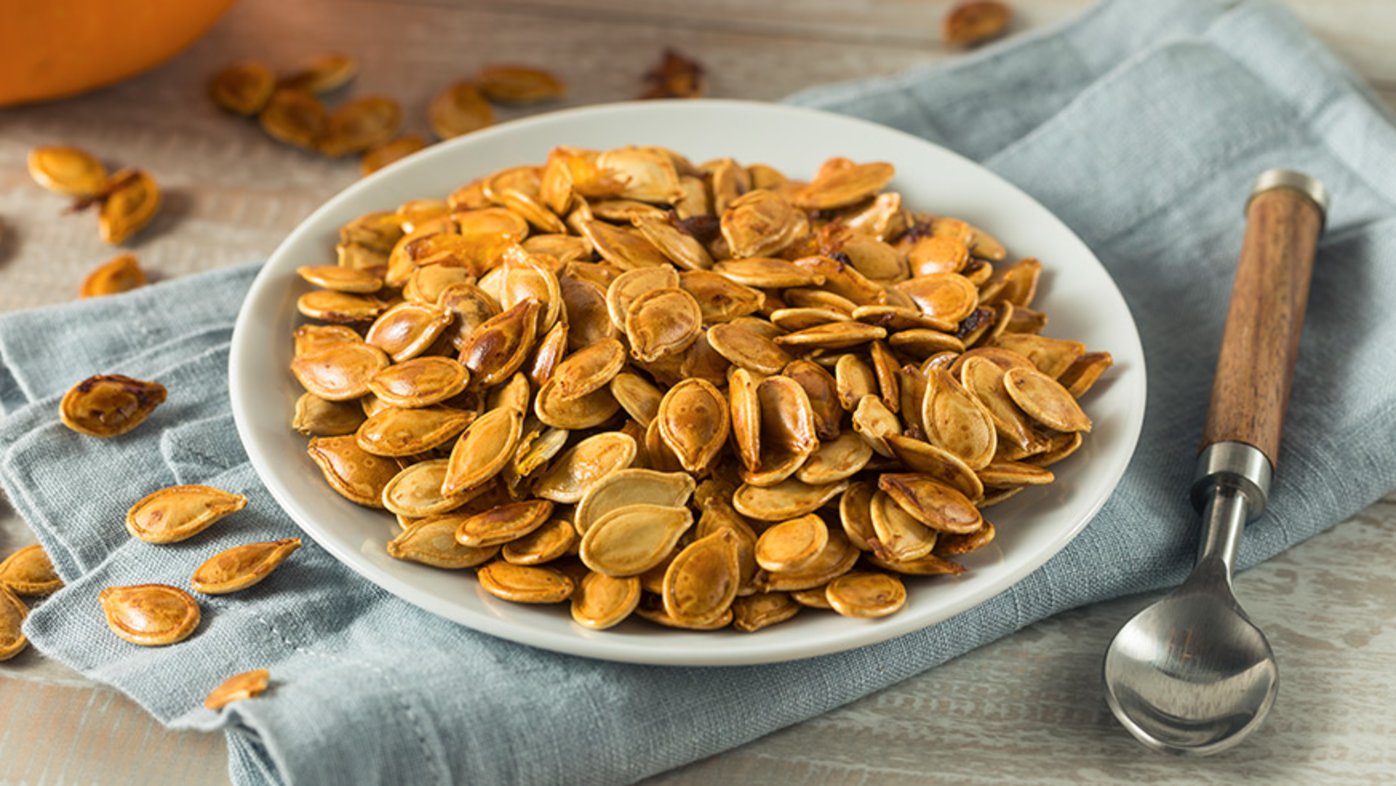Your body contains trillions of beneficial bacteria, a majority of them living within the digestive system, also known as the “gut.” This is sometimes referred to as your gut microbiome.
The gut microbiome affects your body’s ability to absorb and use nutrients from food. Gut bacteria also assist in the production of vitamins and act as a barrier against pathogens — any organisms that can cause illness — enhancing the body’s immune response.
According to Lauren DeWolf, a Sharp Rees-Stealy Center for Health Management registered dietitian and wellness education specialist, good gut health is important for your overall health and well-being. Most people, she says, can enhance their gut health naturally through diet.
The importance of probiotics and prebiotics
Consuming both probiotics and prebiotics encourages healthy gut function, DeWolf says. Probiotics are living microorganisms that can grow in the gut and work together with the body. On the other hand, prebiotics are nondigestible fibers that act as food for the bacteria within the digestive tract.
Here, DeWolf suggests five ways to improve your gut health through your diet:
1
Eat prebiotic-rich foods.
Prebiotic foods promote the growth of beneficial bacteria in your gut. Prebiotic-rich foods include:
2
Enjoy whole foods, herbs and spices in an array of different colors.
Choosing a variety of different colors of plant foods can ensure a wider array of nutrients and support an assortment of gut bacteria. Foods you might choose include:
Deep purple cabbage
Red beets
Dark leafy greens
Blueberries
Golden turmeric
Fragrant cinnamon
3
Eat a plant-based diet, such as the Mediterranean diet.
Placing an emphasis on vegetables, fruits, beans and legumes helps promote high-fiber intake that is gut friendly. This type of diet promotes the growth of helpful bacteria.
4
Include fermented foods.
Fermented foods contain live bacteria that can support gut function. You can boost your intake of probiotics by eating more probiotic-rich foods, such as:
Plain yogurt or kefir
Kimchi or sauerkraut
Miso paste or tempeh
5
Limit the intake of sugar, grains, sweeteners and saturated fat.
Highly processed foods and foods with excess sugars, fat and sweeteners can negatively affect your health in a variety of ways. These foods include:
Refined sugar: Eating too much sugar can inhibit healthy gut bacteria function and contribute to excess inflammation in the body.
Refined grains: Simple, processed carbohydrates, such as white flour, white bread, white rice pastries and pastas made with white flour, have been stripped of beneficial fiber as well as most of their vitamins and minerals. These foods can cause blood sugar levels to quickly rise, leaving nothing for most of the gut microbes to eat.
Artificial sweeteners: According to several studies, artificial sweeteners can alter gut bacteria and can potentially raise the risk of both inflammation and glucose intolerance.
Excess saturated fat: High intake of fats from animal sources, such as bacon, ribs and salami, can cause the bacteria within the gut to change.
“Try experimenting with these nourishing pre- and probiotic powerhouse foods to enjoy the many health benefits of a diverse and thriving gut microbiome,” says DeWolf.
Learn more about gut health and dozens of other women's health topics, hear from dynamic keynote speakers, get pampered, and attend free screenings and assessments at the Sharp Women's Health Conference on Saturday, April 20. Register now.
